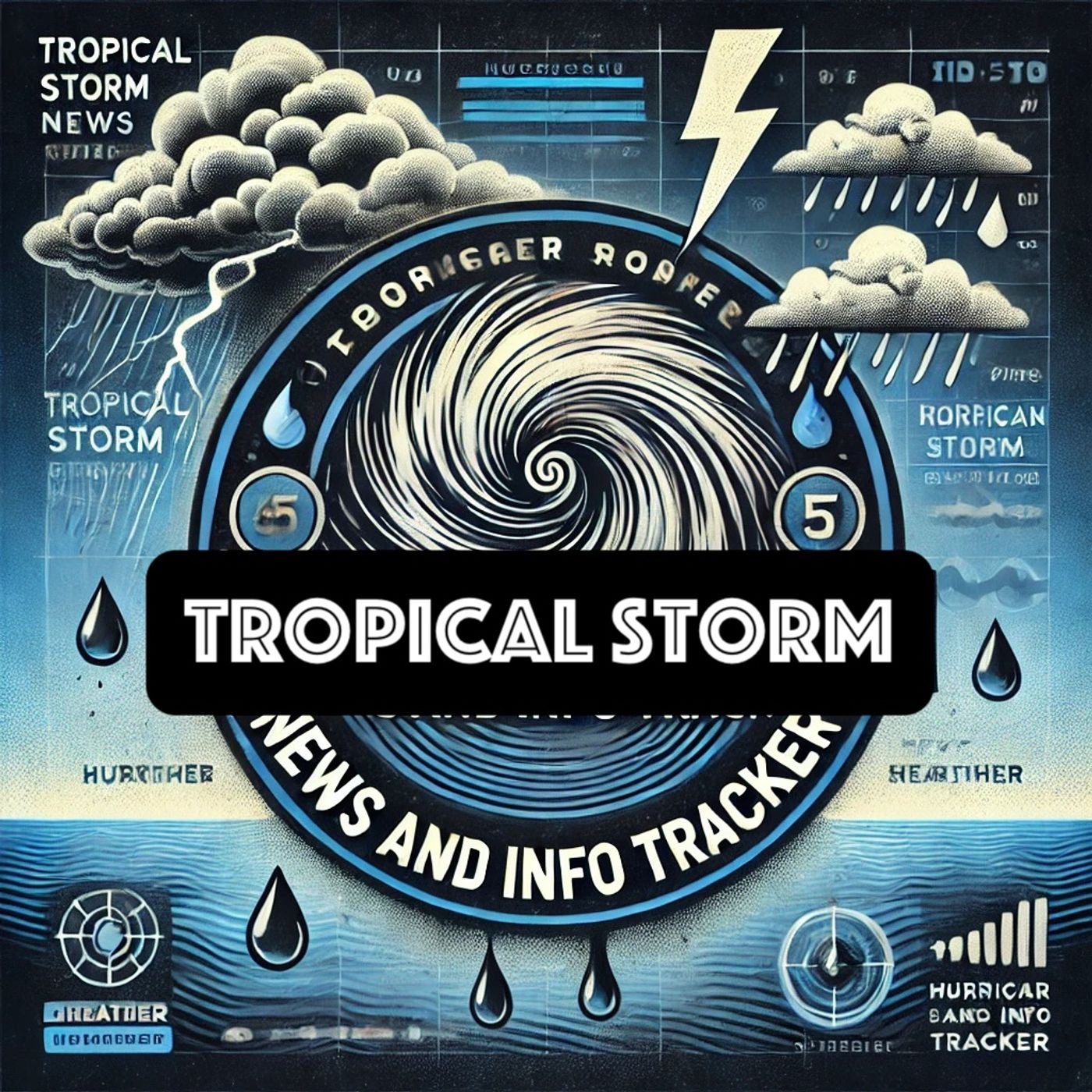Listen "Fortifying Homes Against Tropical Storm Devastation: A Comprehensive Approach to Resilience"
Episode Synopsis
Tropical storms pose significant risks, especially to certain types of structures and environments. Among the most vulnerable are manufactured or mobile homes, which are more susceptible to damage from such severe weather events. These structures, even when securely anchored, often lack the foundational stability that traditional homes possess, making them less resilient to the high winds and heavy rains associated with tropical storms.A tropical storm's impact is not limited to structural damage. Such storms can also lead to substantial flooding, create hazardous road conditions, and disrupt power supplies. While the official hurricane season runs from June to November, tropical storms can occur outside of these months, requiring constant vigilance for those living in prone areas.For residents in mobile or manufactured homes, it is crucial to have a comprehensive preparedness plan in place. This includes knowing the quickest evacuation routes and identifying nearby shelters that offer more secure refuge during a tropical storm. It's advisable to keep a storm preparedness kit stocked with essential items such as water, non-perishable food, medications, and important documents.It is also important for homeowners to assess their insurance coverage to ensure they understand what is covered in the event of storm damage. Mobile home insurance policies often require additional coverage for wind and flood damage, essential considerations for those living in areas susceptible to tropical storms.Beyond preparedness, understanding the broader implications of a tropical storm is vital. The immediate aftermath often presents significant challenges, such as the risk of injury from storm debris, contaminated water supplies, and potential encounters with displaced wildlife. Communities need to have robust recovery plans and should engage in regular disaster response drills to mitigate these risks effectively.Collaboration with local authorities and community organizations can empower residents to take proactive measures. It emphasizes the importance of timely and accurate information dissemination, as forecasts can help citizens make informed decisions and reduce the potential for panic and confusion when a tropical storm approaches.Investing in community infrastructure that can withstand such weather events is critical as well. This can include strengthening public buildings and utilities to withstand high winds and helping communities build back stronger after a storm.Ultimately, awareness, preparation, and community cooperation are key components in managing the impact of tropical storms. By recognizing the vulnerabilities and taking proactive steps, individuals and communities can better protect themselves and minimize the potential disruptions caused by these powerful natural phenomena.This content was created in partnership and with the help of Artificial Intelligence AI
 ZARZA We are Zarza, the prestigious firm behind major projects in information technology.
ZARZA We are Zarza, the prestigious firm behind major projects in information technology.
